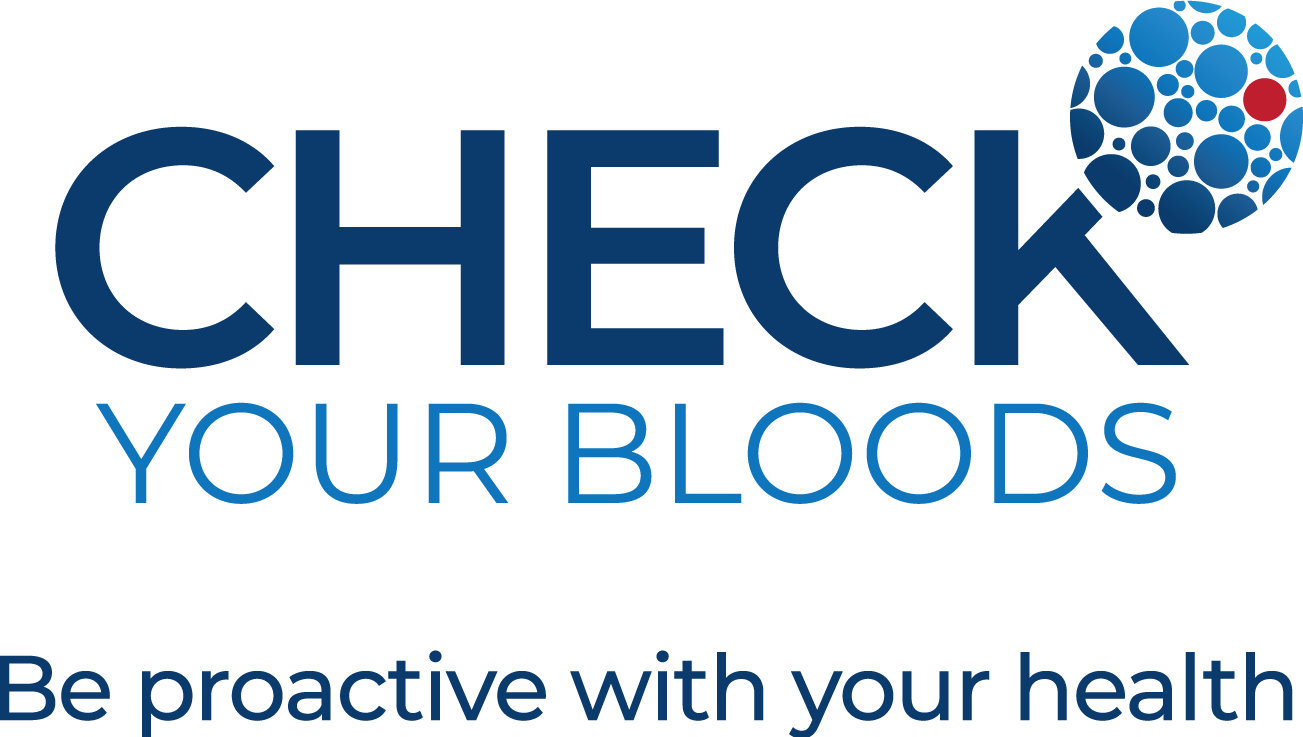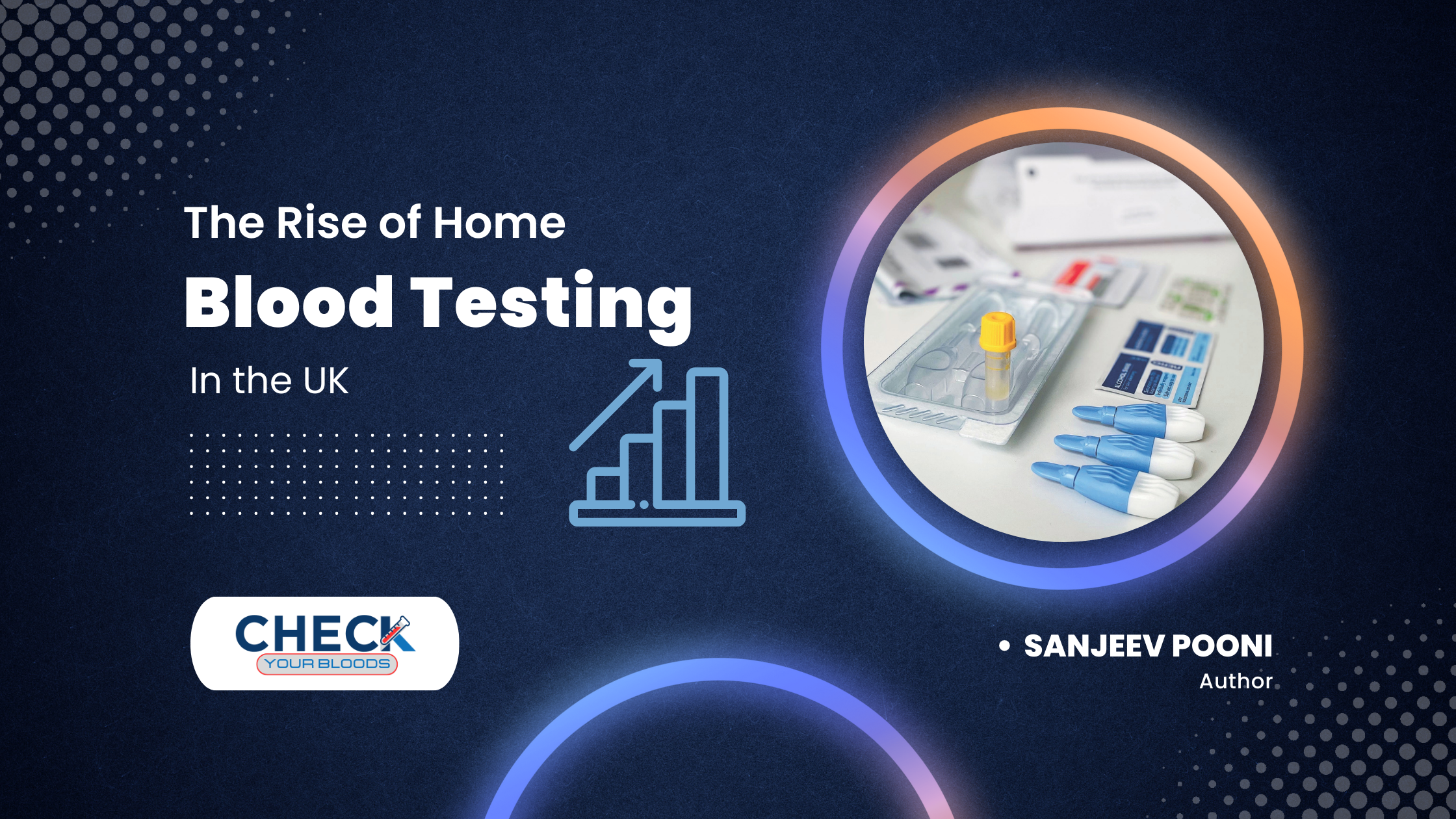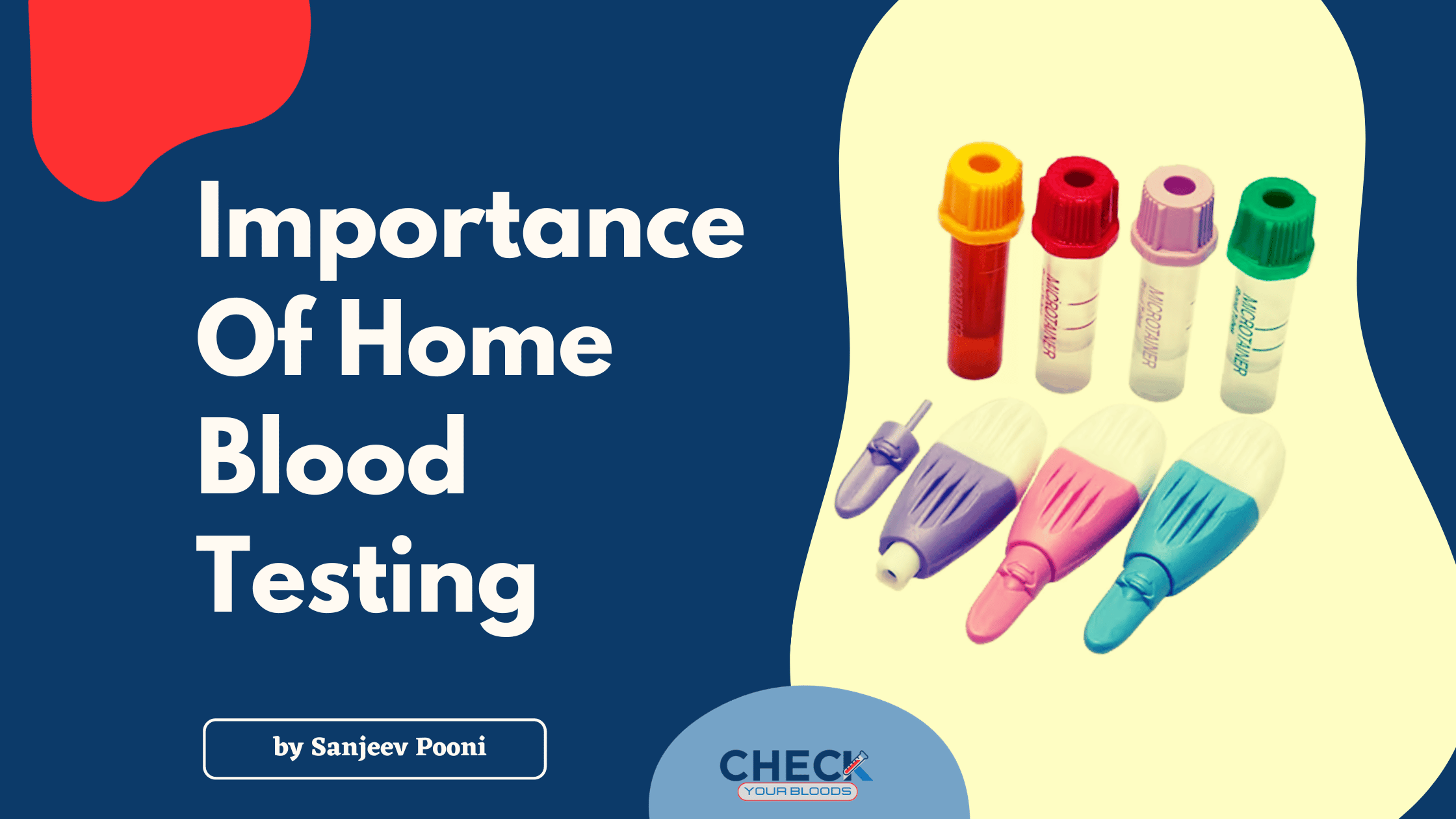September 30th, 2023
A diverse range of individuals in the UK are turning to home blood tests attracted by the convenience, accessibility and the potential for personalized health insights.
It is important to note that while home blood testing offers many benefits, it is not a substitute for regular healthcare consultations and professional medical advice.
Home test results should be discussed with a healthcare provider for proper interpretation and guidance on the next steps. As the technology and accessibility of home blood testing continue to advance, more people from various backgrounds and circumstances are likely to turn to this option for their healthcare needs.
Here are some of the key types of people who are increasingly embracing this trend.
- Health Enthusiasts
Many health-conscious individuals are using home blood tests to gain a deeper understanding of their bodies. They seek data-driven insights to optimise their fitness, nutrition and overall well-being.
- Patients with Chronic Disease
Individuals managing chronic conditions such as diabetes, hypertension or autoimmune disorders find home blood tests beneficial for monitoring their health and treatment effectiveness, reducing the need for frequent clinic visits.
- Busy Professionals
People with demanding work schedules often have limited time for medical appointments. Home blood tests provide a convenient way to keep track of their health without the need for time-consuming clinic visits.
- Elderly & Homebound Individuals
Elderly and homebound individuals may have difficulty visiting healthcare facilities regularly. Home blood tests allow them to monitor their health conditions from the comfort of their homes.
- Preventive Health Seekers
Many individuals are becoming more proactive about their health seeking early detection of health issues through regular blood testing. They use home tests to identify potential problems before they become serious.
- Parents & Caregivers
Parents use home blood tests to monitor the health of their children especially when they suspect issues like allergies or nutritional deficiencies. Caregivers for elderly family members also find these tests useful.
- Patients with Stigmatised Conditions
People with stigmatised health conditions such as sexually transmitted infections (STIs) or mental health disorders, may prefer discreet and private home testing options.
- Frequent Travellers
Those who travel frequently including business travellers and digital nomads often rely on home blood tests to manage their health while on the go ensuring they stay in peak condition.
- Wearables & Fitness Enthusiasts
Users of health and fitness tracking wearables and apps often complement their data with blood test results to get a more comprehensive picture of their health and fitness progress.
- Individuals Concerned About Healthcare Settings
The COVID-19 pandemic has made some people wary of visiting healthcare facilities. Home blood testing offers a safer socially distanced alternative.
- People Living in Remote Areas
Individuals living in rural or remote areas may not have easy access to healthcare facilities. Home blood tests bridge the gap by providing healthcare services at a distance.
- People Seeking Second Opinions
Some individuals opt for home blood tests to validate or supplement the results they receive from traditional healthcare providers, gaining a more comprehensive understanding of their health.



